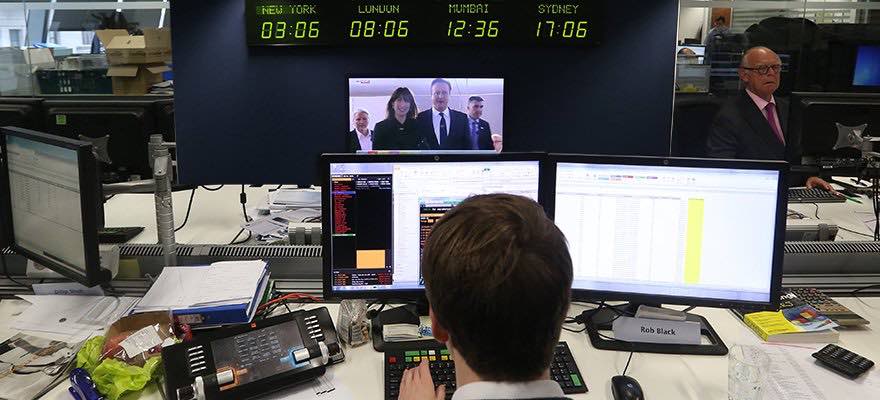This summer social Trading Platform Ayondo became the first fintech company to list on the Singapore Exchange when it raised more than $100 million in a reverse takeover IPO.
The reverse takeover, in which Ayondo merged with a Singapore-listed property development company in order to avoid some of the hassle of a traditional IPO, is something the company believes is key to its growth.
“This will provide an excellent platform to accelerate growth and brand awareness globally, Asia in particular,” said Robert Lempka, the company’s CEO. This development is about much more than just Ayonda; this is the latest sign of the social trading sector’s push into the rapidly expanding Asian market.
Social trading platforms are online trading sites that allow investors to connect with each other and view each other’s trading moves, including gains and losses. A feature known as automated copy trading, which allows users to simply set their accounts to follow the moves of experienced and successful-looking investors of their choosing, is one of the main aspects driving the sector’s growth.
Automated copy trading allows people to bypass expensive money managers and financial advisors, but still enter the global stock, Forex and commodities markets, with some guidance and confidence.
This is a practice that appeals to a growing number of Asian investors, who use such platforms to access global markets. The Asian market is especially ripe for such an industry because it is currently experiencing a rapid growth of personal wealth.
By 2019, it is expected that 26 percent of the world’s wealth will be located in Asia; and this is without the inclusion of Japan, according to a report from The Boston Consulting Group.
Asia has also seen a rapid growth for money invested in fintech in general. In 2015, more than $4 billion was invested in fintech in the Asia-Pacific region, up from just $103 million in 2010, according to a report from global consulting firm Accenture.
Partly driving the trend of fintech investment in Asia is the uncertainty in European markets following the United Kingdom’s vote to leave the European Union; and the closure of the U.S. market to CFDs, the financial derivative instruments that form the base of social trading platforms, including automated copy trading.
Asia is a key focus for Tel Aviv-based eToro, which is backed partly by Chinese insurance giant Ping An Group. The potential for growth in China is “mind-blowing,” according to eToro’s co-founder and CEO Yoni Assia.
EToro, which has 4.5 million users globally, has an office in Shanghai and offers its social trading service in Mandarin.
Assia said that the Chinese financial world really understands the need for innovation and new solutions, like automated copy trading.
ZuluTrade is another provider of automated copy trading that has an eye on Asia. It has a partnership with New Zealand’s StarFishFX, which it is using as an entryway to the Asian Pacific Markets.
“Through this collaboration, ZuluTrade’s global footprint establishes further presence in the Asia-Pacific region and its thriving economy,” Leon Yohai, founder and CEO of ZuluTrade, said in a statement.
Copy trading software-provider Tradency, based in Israel, also recently launched a new company along with partner m-Finance to serve brokers in Hong Kong and Mainland China with copy trading services.
Another platform, Oanda, says it expects demand from users in Asia, especially in China, to continue growing, and this is why it recently launched a Chinese-language mobile app.
“As an industry leader in the mobile forex space, and realizing that demand from our clients in addition to the growing demand from Asian economies, adding Chinese language support was a clear priority for us,” said Trevor Young, Oanda’s vice president of product management.


















